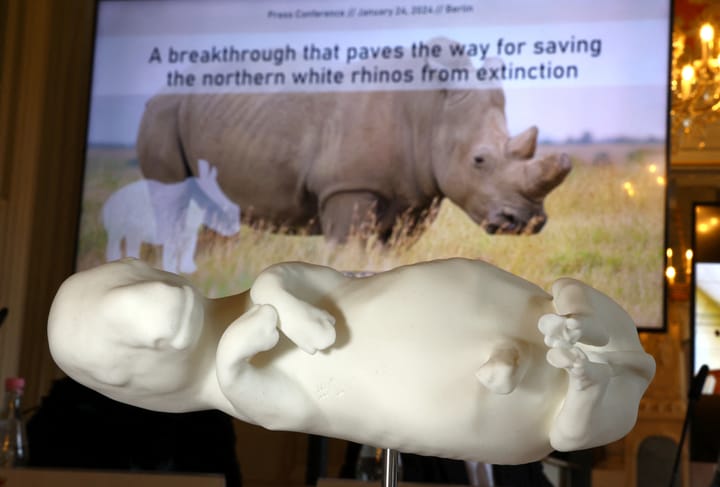Scientific discoveries are becoming less disruptive: why?
Do you feel like science has hit a wall in recent years?

A few minutes every morning is all you need.
Stay up to date on the world's Headlines and Human Stories. It's fun, it's factual, it's fluff-free.
Do you feel like science has hit a wall in recent years? That we’re not making discoveries and breakthroughs at the same rate people in the past did? Well, that’s because we really aren’t.
Last week a study was published in the science journal Nature on the “disruptiveness” of today’s science. In the study, “Papers and patents are becoming less disruptive over time,” researchers found that while the number of scientific research papers has skyrocketed over the past few decades, the ‘disruptiveness’ of those papers has dropped.
Researchers Michael Park, Erin Leahey and Russell J. Funk led the analysis of 25 million manuscripts published between 1945 and 2010 and 3.9 million patents published between 1976 and 2010. They found that research done in the 2000s was more likely to push science forward only a little bit rather than make big discoveries (which was more likely during the mid-century). And patents from 1976 to 2010 showed the same trend. Funk explains, “You don’t have quite the same intensity of breakthrough discoveries you once had.”
The lead author of the study, Michael Park, told Agence France-Presse (AFP) that this study “emphatically, convincingly documents this decline of disruptiveness across all major fields of science and technology.”
But why is this happening? There are a few possible explanations.
Some people think that more obvious concepts in science have already been explored, so scientific theories are getting more accurate, which is why scientific steps forward are becoming smaller and smaller. Another reason could be that there’s a lot more accumulated knowledge in science now, so researchers spend longer training in their field for more specific know-how. Researchers say this could stifle innovation since that tends to be found when scientists make more connections across fields.
Yet another possible reason is the “publish or perish” culture in science, which could be putting scholars off riskier, long-term projects. Academic institutes and the people that fund studies often focus on the number of publications that come out of them rather than how big the impact of these papers actually is.
“The dramatic declines that we observe in disruptive work suggests that this balance may be off, and that encouraging more disruptive work could help to push scientific understanding forward,” Funk told Physics World.




Comments ()